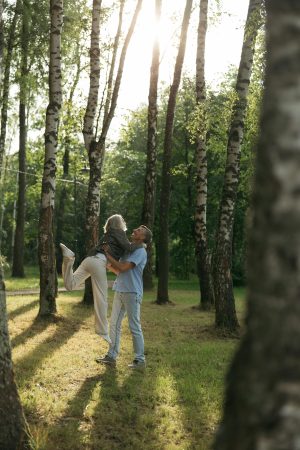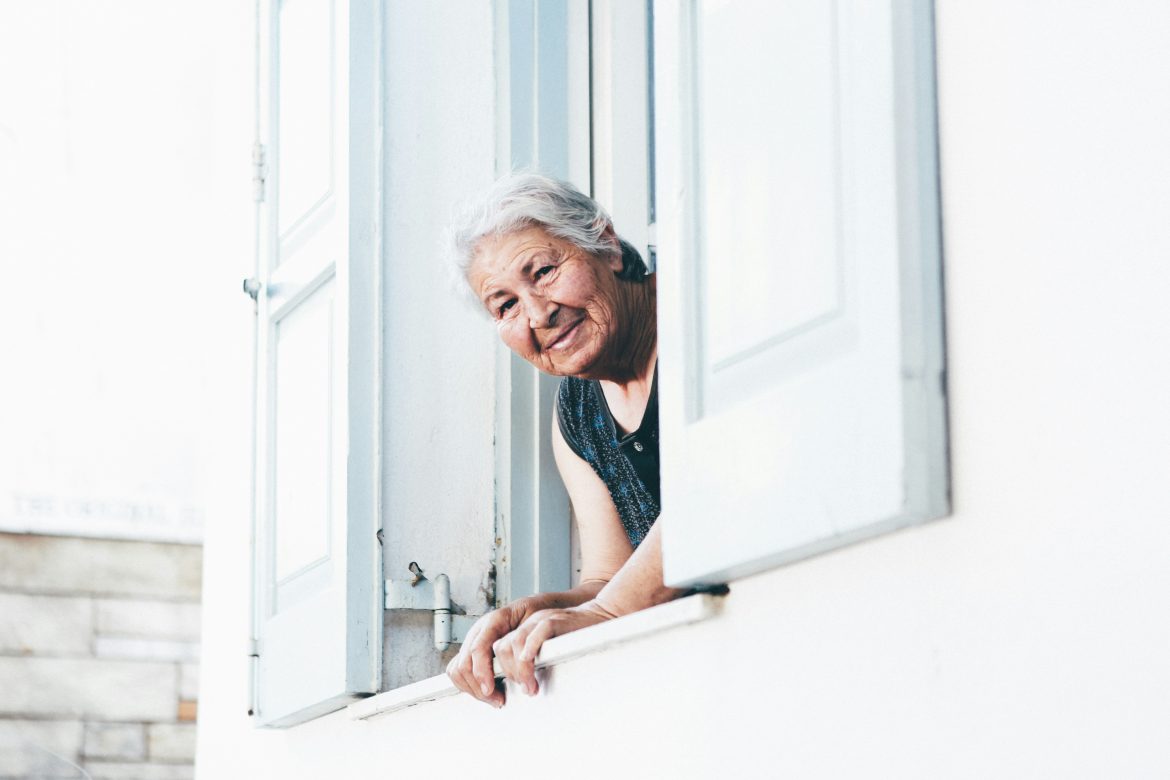Did you know that only about 20 percent of how long the average person lives is dictated by genes? The other 80% is influenced by environment and lifestyle, says Dan Buettner, who studies Blue Zones – five pockets in the world where people live remarkably long, healthy lives.
As it stands, five ‘Blue Zones’ have been identified on Earth: in Sardinia, Italy; Okinawa, Japan; Nicoya, Costa Rica; Icaria, Greece and Loma Linda, California.
These regions have become subjects of fascination in author Dan Beuttner’s research, due to the extraordinarily healthy, long lives that the people living in these zones tend to live.
Not only do residents in these regions commonly enjoy extended lifespans compared to the average person, but a remarkable quality of life well into old age, largely attributed to factors like wholesome diets rich in plant-based foods, regular movement, community, and feeling connected to a purpose.

Pexels
Buettner’s intent is to identify lessons or principles that could be applied to build healthier communities and to help people live longer and better lives. Drawing from Buettner’s insights, we’re sharing 7 things to learn from people who live in Blue Zones:
1. Points for plant-based
A common thread in residents living in blue zones, is the plant-based diet.
People in Blue Zones typically eat a diet that’s heavily plant-based, rich in fruits, vegetables, nuts, whole grains, and legumes.
In Okinawa, for example, the staple diet includes sweet potatoes, soy products, and a variety of local vegetables. This type of diet is low in calories but high in nutrients, which can help prevent chronic diseases and support longer life spans. In short, sticking to plant-based foods could add years to your life.
2. Movement is a lifestyle
Physical activity in Blue Zones is often not ‘exercise’ in the conventional sense, but integrated into daily life.
For instance, many Sardinians work in farming and shepherding, walking long distances daily. This natural form of exercise is an intuitive form of movement that is often connected to a greater involvement with the community and environment. When you keep your body moving, you’re bolstering your heart health and mobility well into old age, too.

3. People are important
Social ties are crucial in Blue Zones. Older adults in these areas often live with or near their family members – a close knit community who care and look out for one another. Having meaningful connections in life lightens the load, and fills the cup.
In Okinawa, forming a ‘moai‘, a lifelong group of friends that provides social and even financial support, is a common practice. These strong social connections are associated with reduced stress and greater lifespan.
4. Living for a purpose
Having a clear sense of purpose in life, known as ‘Ikigai‘ in Japan and ‘Plan de Vida’ in Nicoya, is common in Blue Zones. This sense of purpose drives the daily flow of life and helps to shape a positive perspective.
Ikigai is a Japanese concept meaning “reason for being.” It combines what you love, what you are good at, what the world needs, and what you can be paid for. Find your purpose in a passion that ticks all the boxes.
5. Take naps
Chronic stress can lead to serious health issues. In Blue Zones, daily routines often make space for practices that don’t spark stress. For example, Icarians take time each day to nap, and Seventh-day Adventists in Loma Linda dedicate an entire day each week (Sabbath) to rest, pray, and spend time with family. 
6. Consider the calories
Do you stop eating when you’re full, or until you’ve emptied the plate?
Overconsumption often leads obesity, which is a significant risk factor for a range of serious health issues including diabetes, heart disease, and even certain cancers.
The practice of ‘Hara Hachi Bu,‘ which translates to “eat until you are 80% full,” is deeply ingrained in the culture of Okinawa. This dietary principle encourages individuals to stop eating when they feel just short of full. This effectively reduces their overall caloric intake and aligns with a broader mindful eating approach.
Learn to listen to your body, and leave the leftovers for later on.
7. A glass of red is fine, know where to draw the line
In places like Sardinia, Italy, and Icaria, Greece, it is customary for residents to enjoy a glass or two of red wine each day. And why not? This practice is not only a social activity, but also happens to contribute to cardiovascular health.

